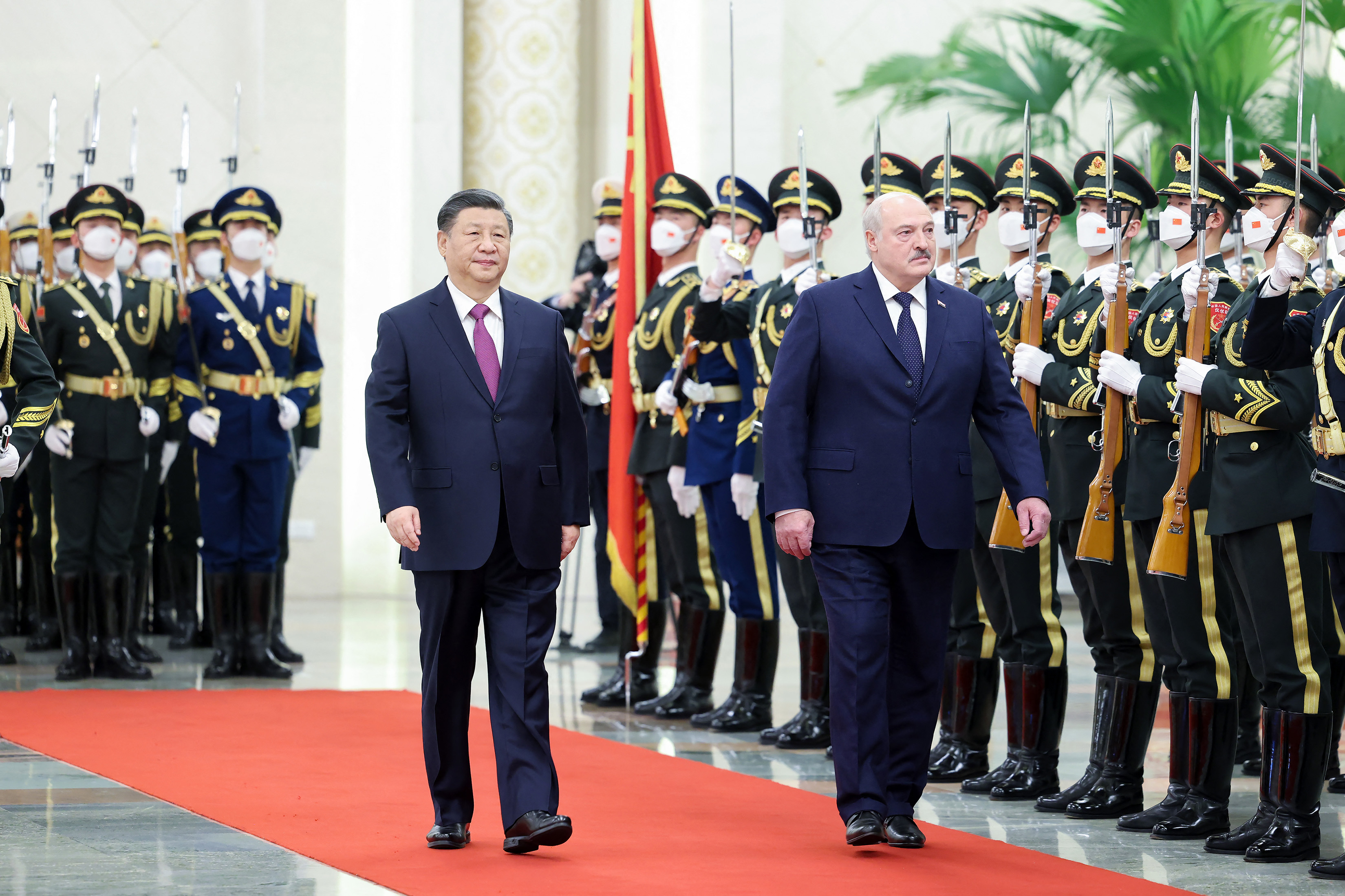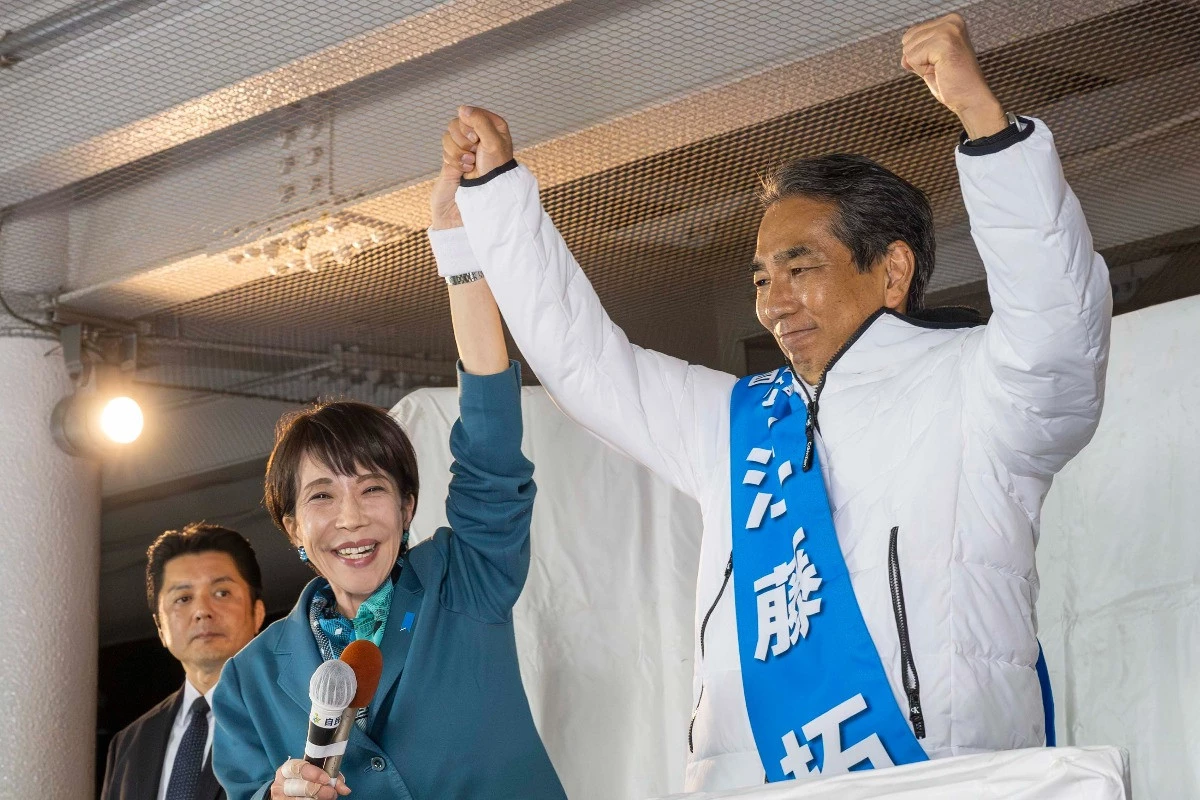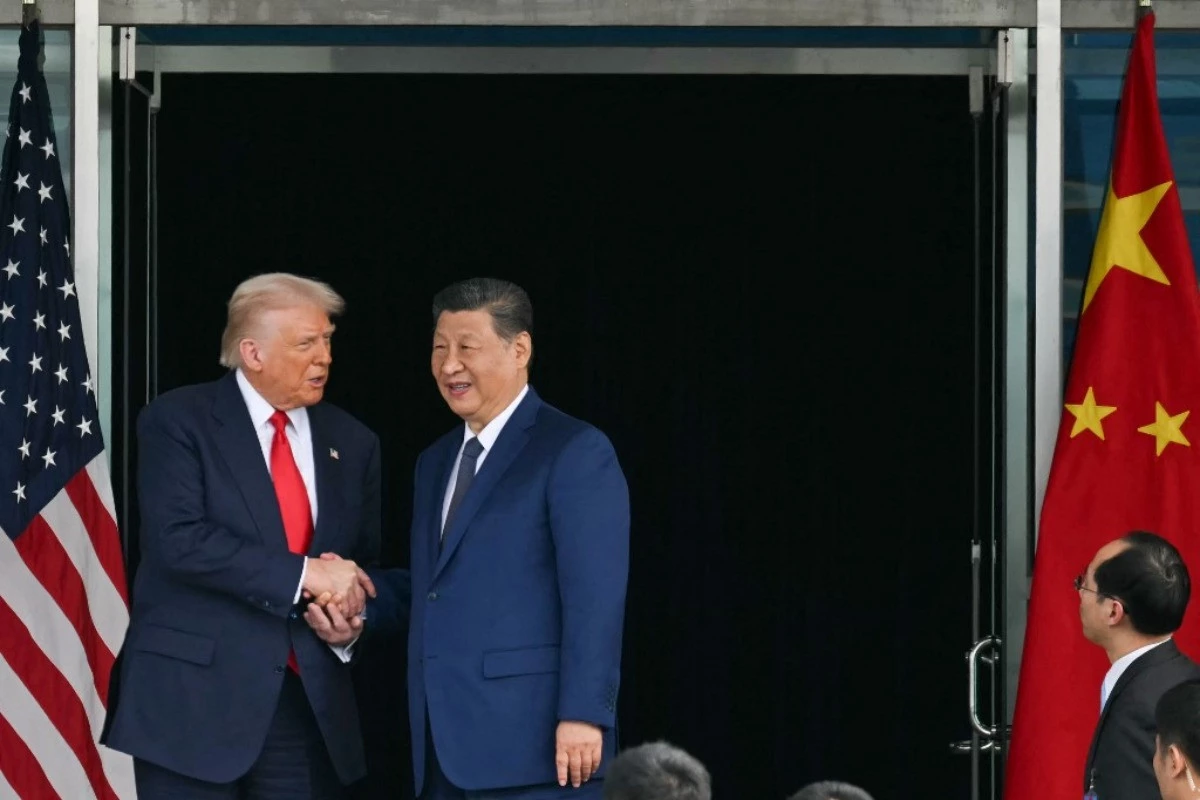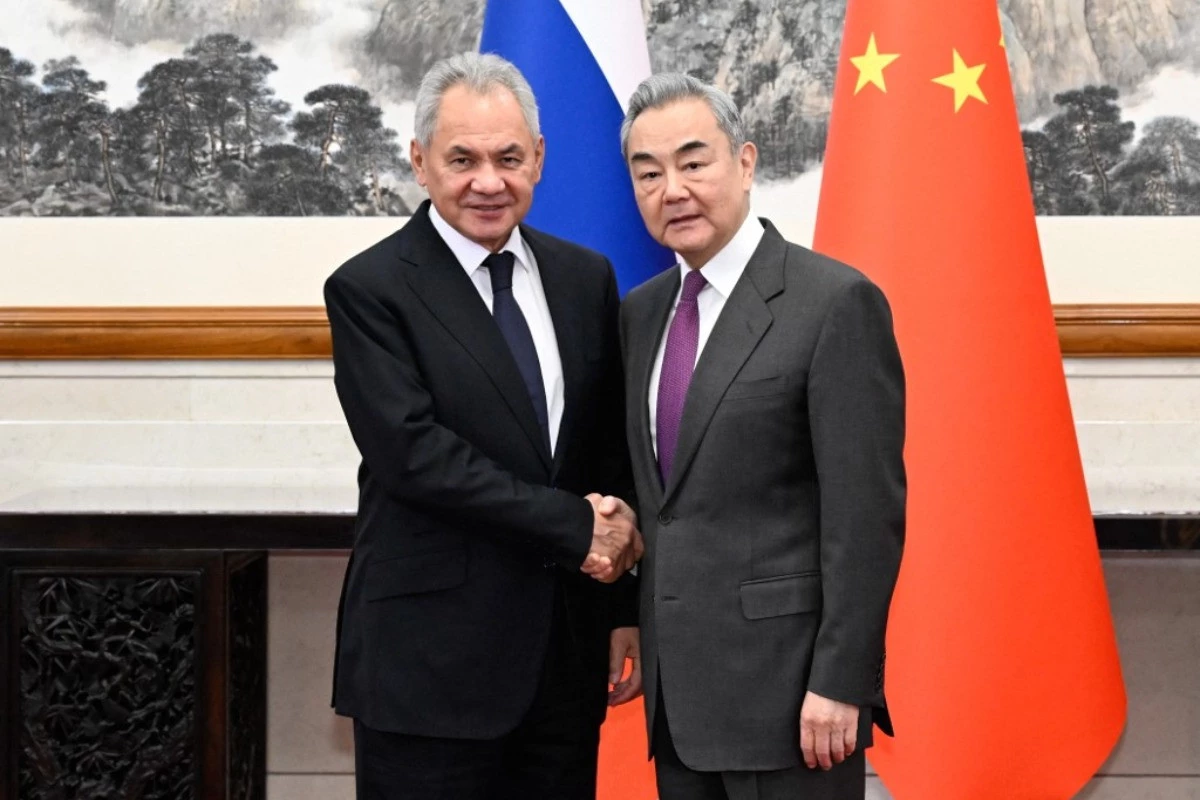
“China is willing to continue strengthening strategic coordination with Belarus, support each other resolutely, promote pragmatic cooperation, and continue deepening our bilateral relations,” state news agency Xinhua quoted Xi as saying.

Lukashenko arrived in China’s capital on Sunday for a two-day visit, aiming to discuss “trade, economic, investment and international cooperation” with its major partner in Asia.
The trip comes amid Western criticism about Belarus’ involvement in Russia’s war with Ukraine and Western scepticism about China’s role in the conflict. According to the state-owned Belarusian Telegraph Agency, Lukashenko told Xi Belarus was “a reliable partner” and would “remain so”
Lukashenko also lauded Xi’s “concept of building a community with a shared future for mankind”. “Unlike Western countries that are trying to tear everything apart, you have set the single goal for all,” he said.

Japan’s Liberal Democratic Party (LDP) won a historic victory in the snap lower house election held on 8 February, securing more than a two-thirds majority of seats on its own.

Chinese President Xi Jinping said on Wednesday that he hopes to work with U.S. President Donald Trump in the new year to steer the giant ship of China-U.S. relations steadily forward through wind and storms, and accomplish more big things and good things.

China's top diplomat Wang Yi met with Sergei Shoigu, secretary of the Russian Federation Security Council, in Beijing on Sunday.